CSR, ESG & SUSTAINABILITY – WHAT DO THEY ALL MEAN?
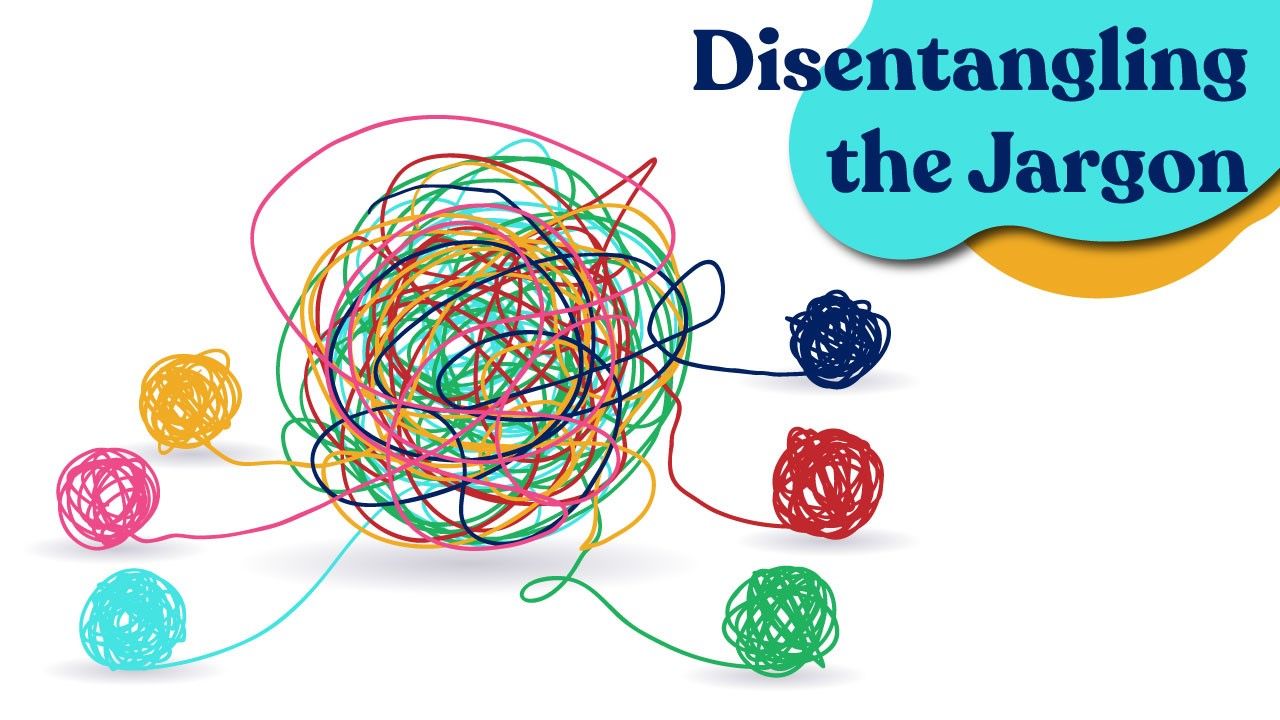
In the past decades, there’s been growing demand for companies to take responsibility for their negative impact on society and the environment. As a result, two concepts – and terms – were born: CSR (Corporate Social Responsibility) and ESG (Environmental, Social & Governance). While these terms are often used interchangeably, it’s important to understand that they’re different.
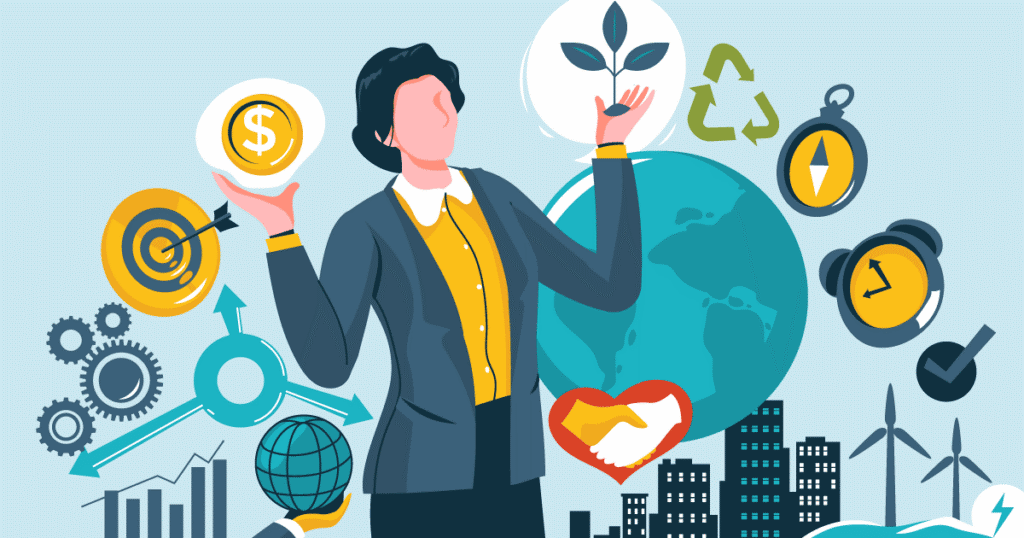
CSR (Corporate Social Responsibility) refers to a company's voluntary practices and actions aimed at improving social and environmental conditions, beyond what is legally required. The term was coined in 1953 when American economist Howard Bowen published a book called ‘Social Responsibilities of the Businessman’. It became part of corporate language globally in the 1990s.
There are two expressions of CSR – one is internal and the other is external, or, publicly visible. Internal activities involve ensuring that the daily operations of the company minimise harm to society and the environment and maximise benefit. This could include reducing energy consumption, initiating a recycling or waste management program, improving workers conditions, addressing ethical and governance weaknesses, encouraging staff giving & matching donations, sustainable supply chain, diversity & inclusion policy, carbon emissions, staff mental health programs, executive compensation, transparency and so on. It’s common (and makes sense) for companies to start here, to clean up their house before doing anything that will attract public attention. More visible (external) CSR practices including partnering with or sponsoring a charity, campaigning for societal change through product & communications channels, setting up a Philanthropic Foundation and so on. CSR is all about building a good reputation. Therefore, CSR is a strategy.
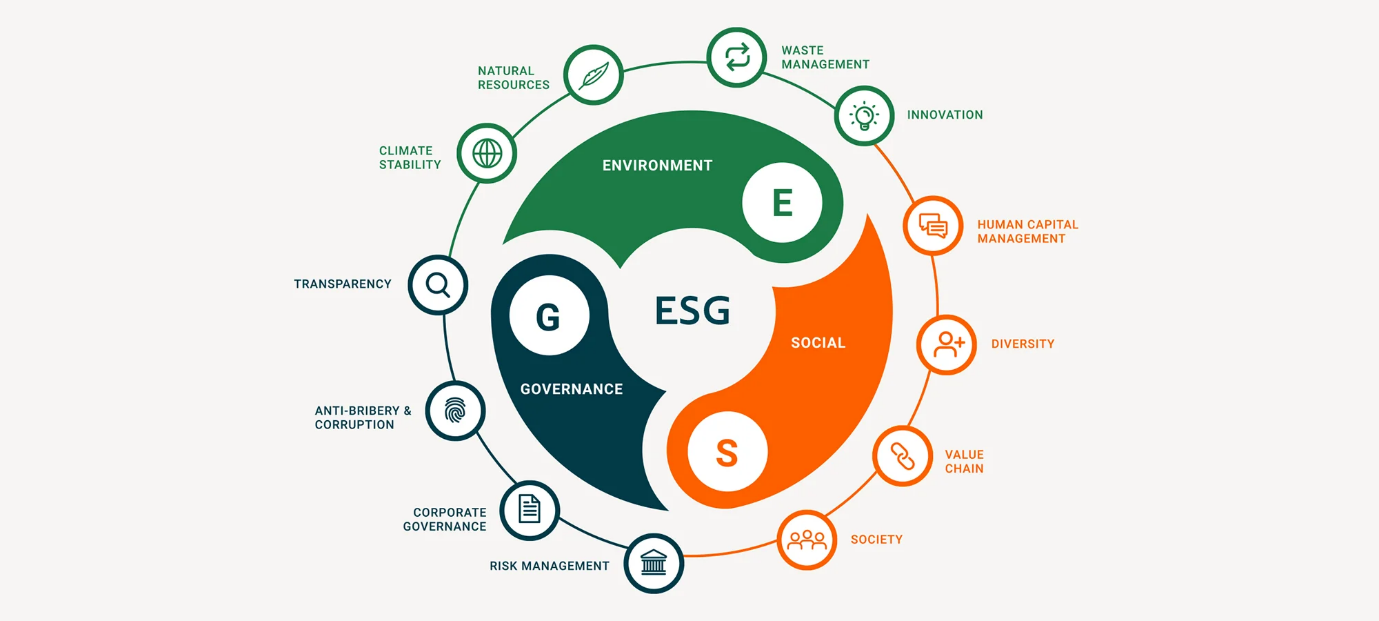
ESG (Environment, Social & Governance) on the other hand is a broader framework that evaluates a company's performance in three key areas: Environmental, Social, and Governance factors. ESG encompasses the systematic analysis of a company's impact on the environment, its relationship with stakeholders and communities, and the quality of its governance practices. Therefore, ESG is the measure by which a CSR strategy is assessed.
From a Stakeholder Perspective, CSR & ESG are both important influencing factors regarding the company’s long term value. A company that does not have a robust CSR strategy is potentially a company at risk. Innovation, growth and profit are no longer the only indicators of a successful business. This is due to increasing pressure from Investors, employees, customers, activists and regulators, who now have wide-ranging access to information regarding a company’s practices.
CSR initiatives are often voluntary and can vary widely from one company to another. They may be communicated through company website, general communications, in the Annual Report or many companies (especially the larger publicly-listed Corporations) are now producing a separate CSR or Sustainability report.
And there we have another word to add to the glossary of jargon. In 1987 the UN defined Sustainability as “meeting the needs of the present without compromising the ability of future generations to meet their own needs”. This evolved into the 17 Sustainable Development Goals, and many companies align their activities to appropriate goals. You may hear corporate professions refer to these as SDG’s, and they are a global framework that often guides a CSR strategy.
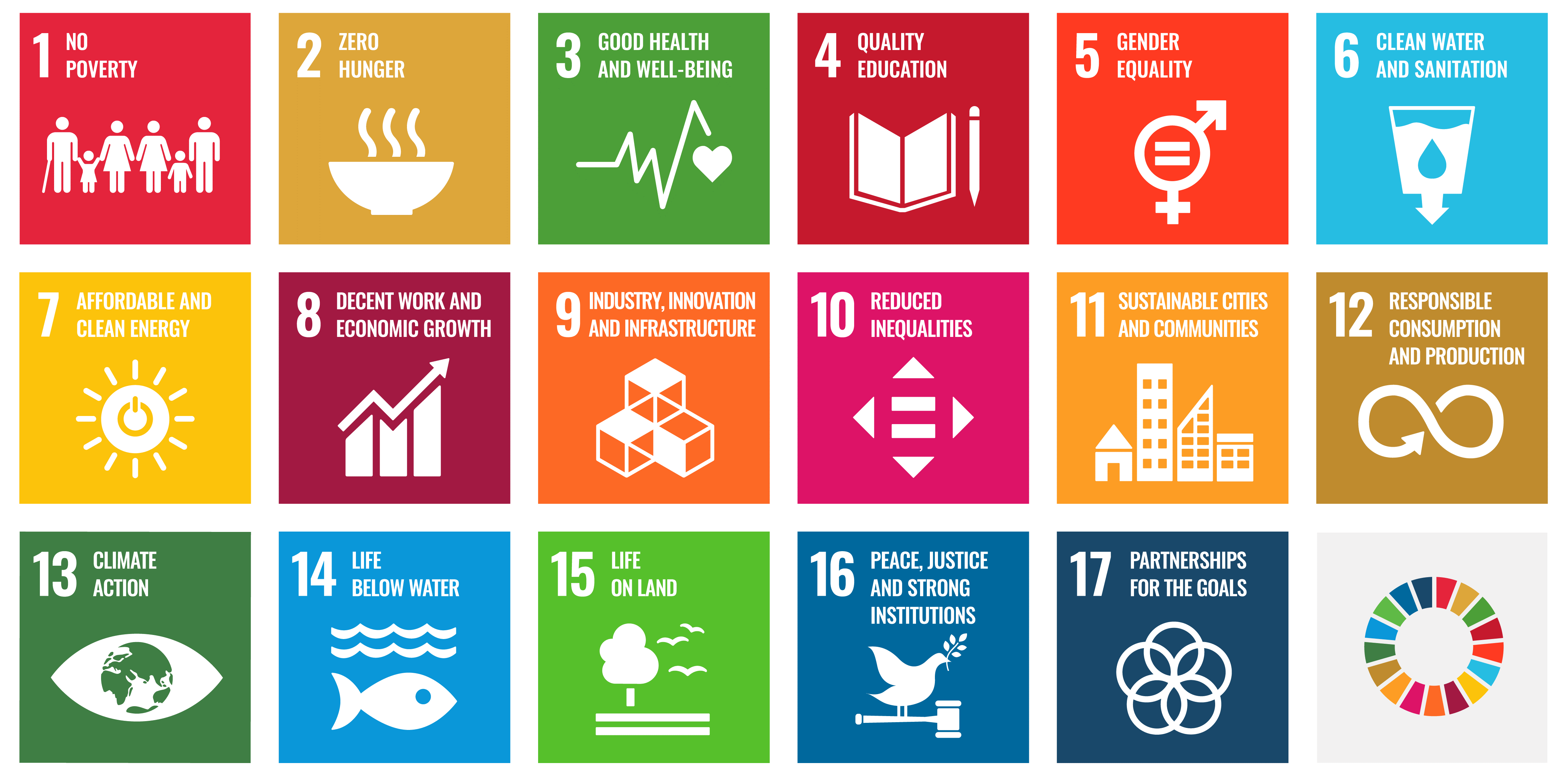
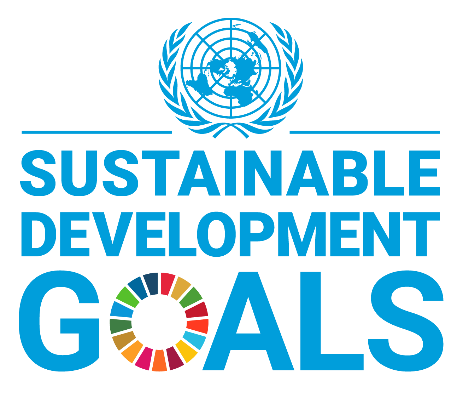
When researching a company (a must-do before approaching with an invitation to partner) it can be rather overwhelming to be confronted with so much jargon. We hope that by defining these three common terms, changemakers will have more confidence, not only understanding the challenges that a company may be tackling, but how to negotiate a partnership, with your organisation as a potential solution to some of these challenges.
This blog was written by Hailey Cavill-Jaspers with research conducted by Robert, our AI Robot.

